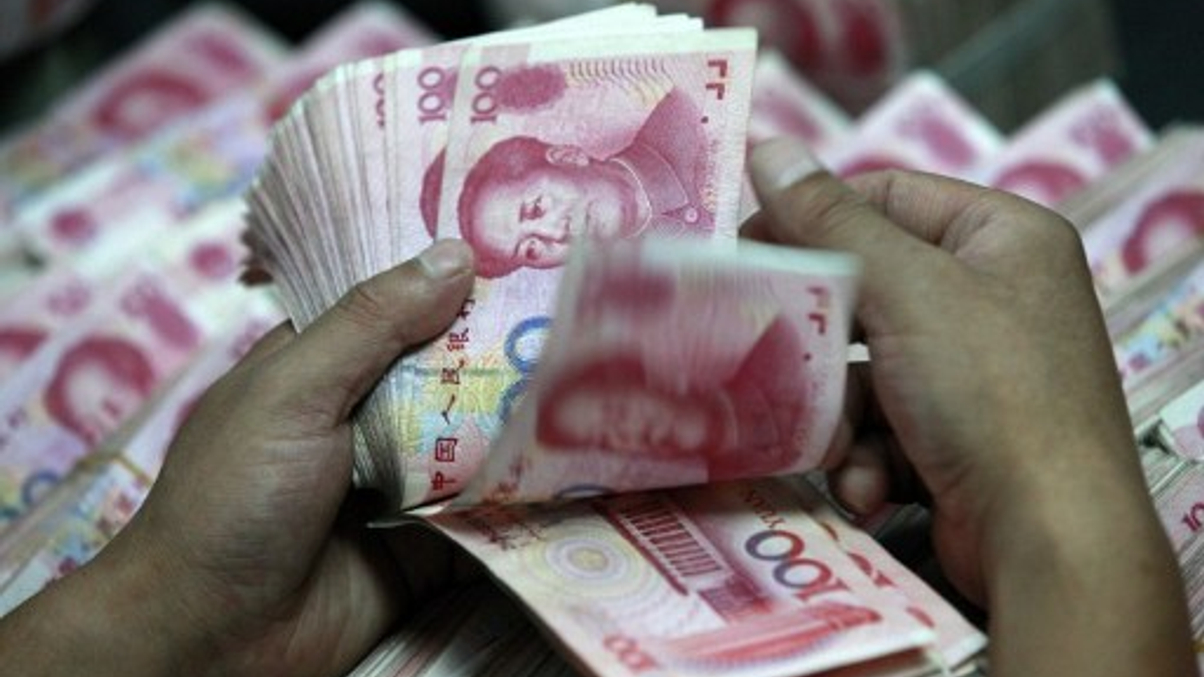Canada faces setback in push for RQFII quota
But optimism remains that the country will succeed in obtaining North America's first RQFII quota, despite allegations of Chinese hacking and spying.

Canada has renewed its bid to become a renminbi hub, but the recent cooling of its relationship with China amid spying allegations and a stalled trade pact could prove a setback for progress on this front.
Sign in to read on!
Registered users get 2 free articles in 30 days.
Subscribers have full unlimited access to AsianInvestor
Not signed up? New users get 2 free articles per month, plus a 7-day unlimited free trial.
¬ Haymarket Media Limited. All rights reserved.


